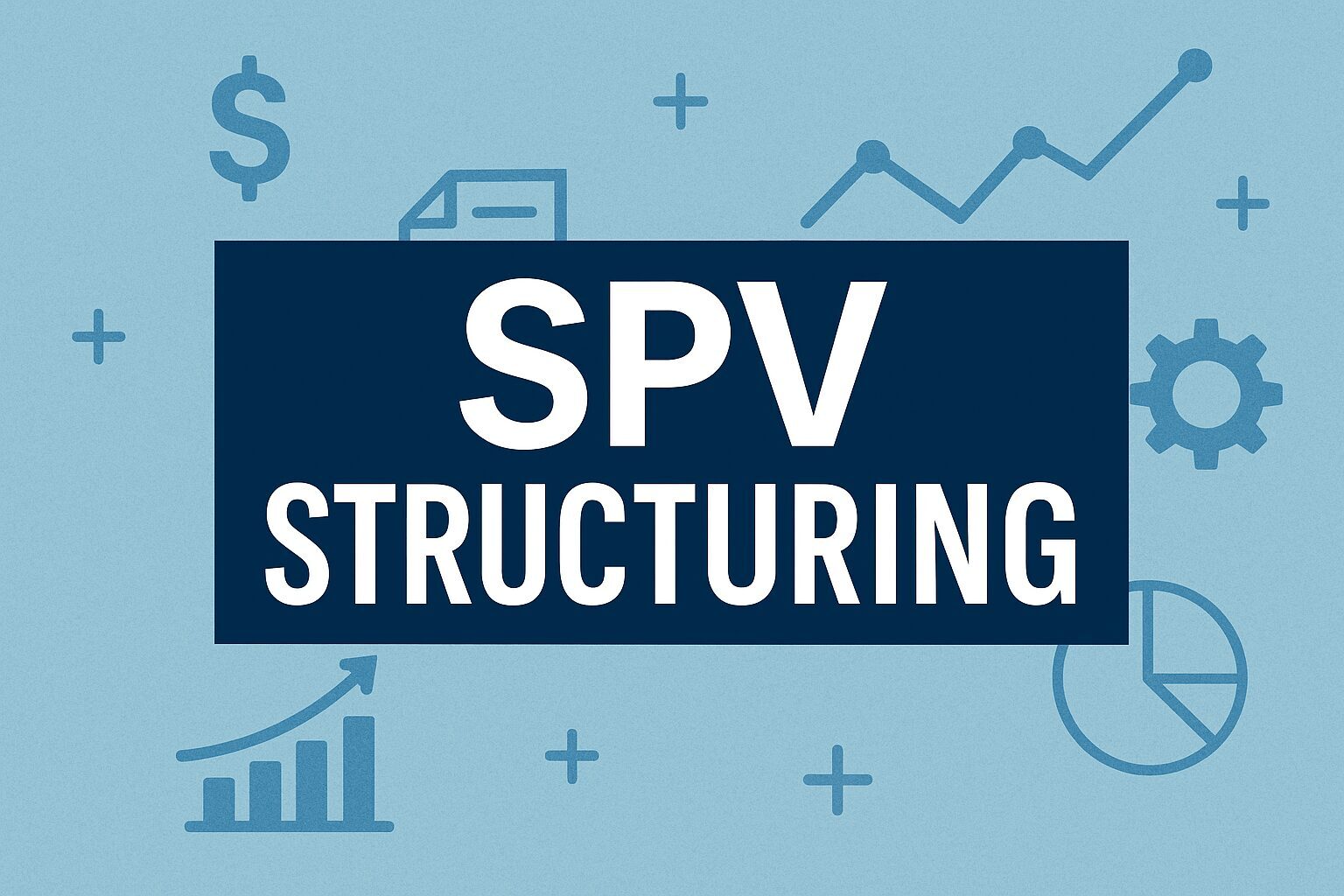The 2020s could be reasonably dubbed the Retail Investing Era. Since the turn of the decade, there has seemingly been a non-stop string of catalysts for the trend: pandemic-era stimulus checks, meme stock mania, the rise of trading apps like Robinhood, and so on.
Retail investors differ from institutional investors in two ways: their reasons for investing, and the amount typically invested. While institutional traders invest large quantities on behalf of others, retail investors usually trade smaller amounts of their own money, for themselves. The days when only the latter had access to high-growth investment opportunities are long past. But this trend is still in its infancy, and retail investors’ access to equities is widening every day.
The electronic trading platforms that have risen in popularity in recent years enable unprecedented access to secondary markets. But not all equities are traded on public exchanges like the Nasdaq or the NYSE. Start-up employees are often given equity in their companies as a form of compensation, for example. These equities, too, can be bought and sold. And while retail investors’ ability to participate in these private secondary markets has historically been limited, that’s beginning to change.

The Private Secondary Market: Only for Institutions?
Institutional investors traditionally dominated the private secondary market, which consists of trades involving privately owned assets, such as venture capital investing or private equity transactions.
Because of this, retail investors have typically been unable to buy stock in pre-IPO companies, an asset with massive potential for growth. Some of these companies, like Anthropic, OpenAI, or SpaceX, have seen explosive surges in valuation, largely due to their focus on innovative technologies like artificial intelligence and space travel.
For the most part, though, those gains haven’t benefited retail investors’ portfolios. It’s not that shareholders of pre-IPO companies are prohibited from selling their stock. There just isn’t a simple and regulated place for them to do so. Or, rather, there wasn’t.
A Secondary Marketplace for All
Augment Capital* is one of a growing number of platforms that empower retail investors to buy and sell shares of pre-IPO companies in a controlled, centralized marketplace.
This newfound capability unlocks a variety of opportunities for retail investors. In addition to the aforementioned potential for high returns, platforms like Augment enable exposure to emerging sectors, protection from market shocks that might have less of an impact on private companies, and unique opportunities for portfolio diversification.
So who can invest in these private markets? Legally, access to these marketplaces is limited to accredited investors only. To qualify as an accredited investor in the U.S., you must report an income of $200,000 or more per year ($300,000 for married couples) for the past two years, or a net worth of at least $1 million, excluding the value of your primary residence. These benchmarks ensure that investors have the financial resources to bear the higher risks associated with investing in private companies, which may be less liquid or more volatile.
However, just because an investor is accredited doesn’t mean they are institutional. Very often, accredited investors are retail investors, deploying hard-earned funds toward opportunities they believe will ensure financial stability and success for themselves and their families.
The barrier to entry for private secondary markets might not currently be as low as, say, downloading Robinhood, linking a bank account, and buying stock in Apple. But the benefits of trading private equities have never been more accessible for retail investors. And with companies like Augment leading the way, they will only continue to become more accessible in the years to come.
*Securities transactions are executed through Augment Capital, LLC (member FINRA/SIPC)
Important Disclosures: Investing in private securities involves substantial risk, including the potential loss of principal. Private securities are typically illiquid, have limited pricing transparency, and often require longer holding periods. These investments are available exclusively to qualified accredited investors and offer no guarantee of returns. Additionally, past performance of private securities does not indicate or predict future results.





